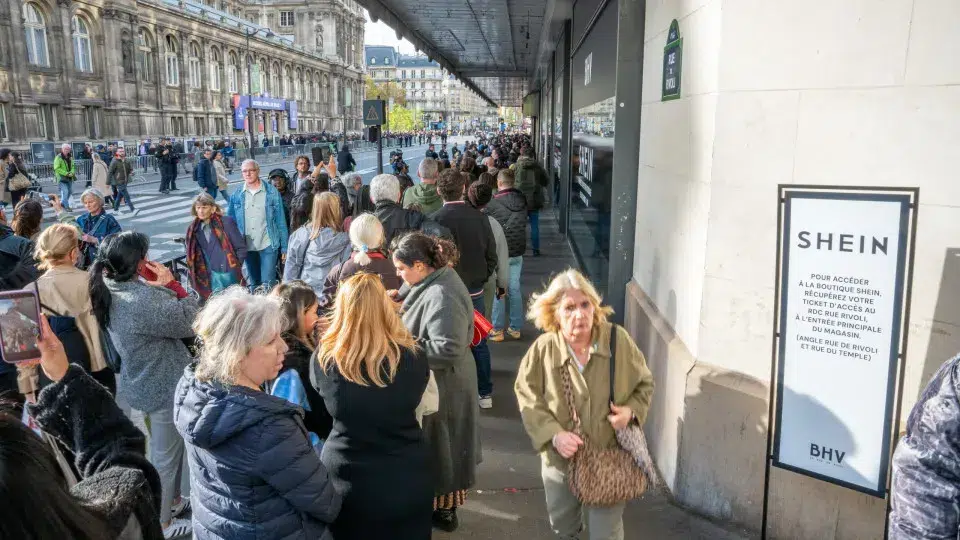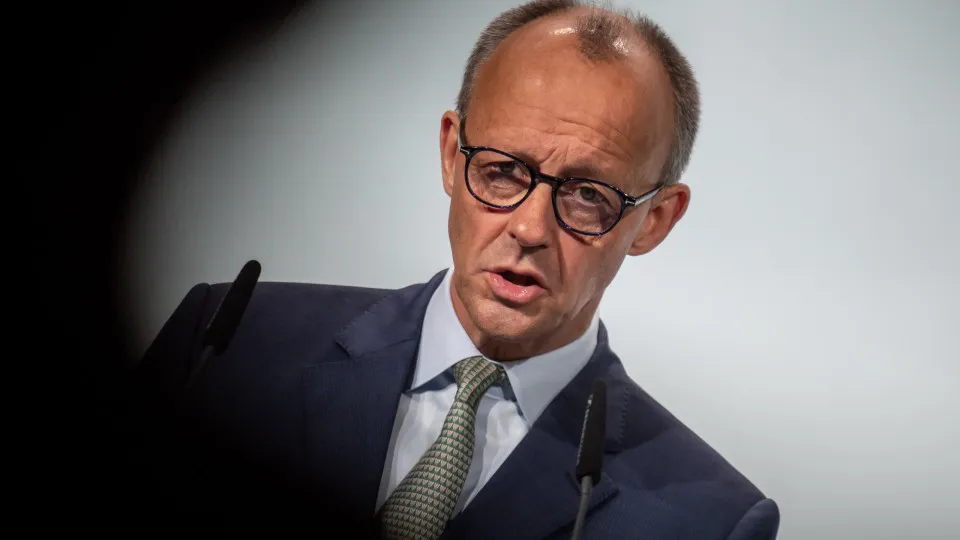
The recent years have highlighted the effects of climate change in many countries, with Portugal serving as an example. The nation has experienced extreme heatwaves and forest fires, followed by periods of heavy rain, noted Luís Montenegro during his speech at the plenary session of the leaders’ summit preceding the 30th United Nations Conference on Climate Change (COP30), taking place from November 10 to 21 in Belém.
He emphasized the need for a “collective, coordinated, and sustained” response.
“This is also why the COP in Belém is so important. It invites us to reflect on what has been achieved over the last decade, but essentially because it calls us to action,” stated Luís Montenegro, expressing his hope for an “ambitious and coherent package” on “mitigation, adaptation, and financing” to emerge from COP30.
Montenegro anticipates that the discussions will yield “an agreement on a robust set of global adaptation indicators” and the creation of “a coherent global architecture for adaptation, including its entire cycle: effective monitoring, implementation, and financing.”
The Amazonian city of Belém, founded by the Portuguese on January 12, 1616, hosts delegations from 143 countries between today and Friday, with just over one-third of these delegations led by their respective national leaders, albeit with the confirmed absence of the three leaders from the world’s most polluting countries (China, the United States, and India).
Convened by Brazilian President Lula da Silva, the meeting is regarded by Brazilian diplomacy as a central milestone in the process of international mobilization and dialogue on the climate agenda.




